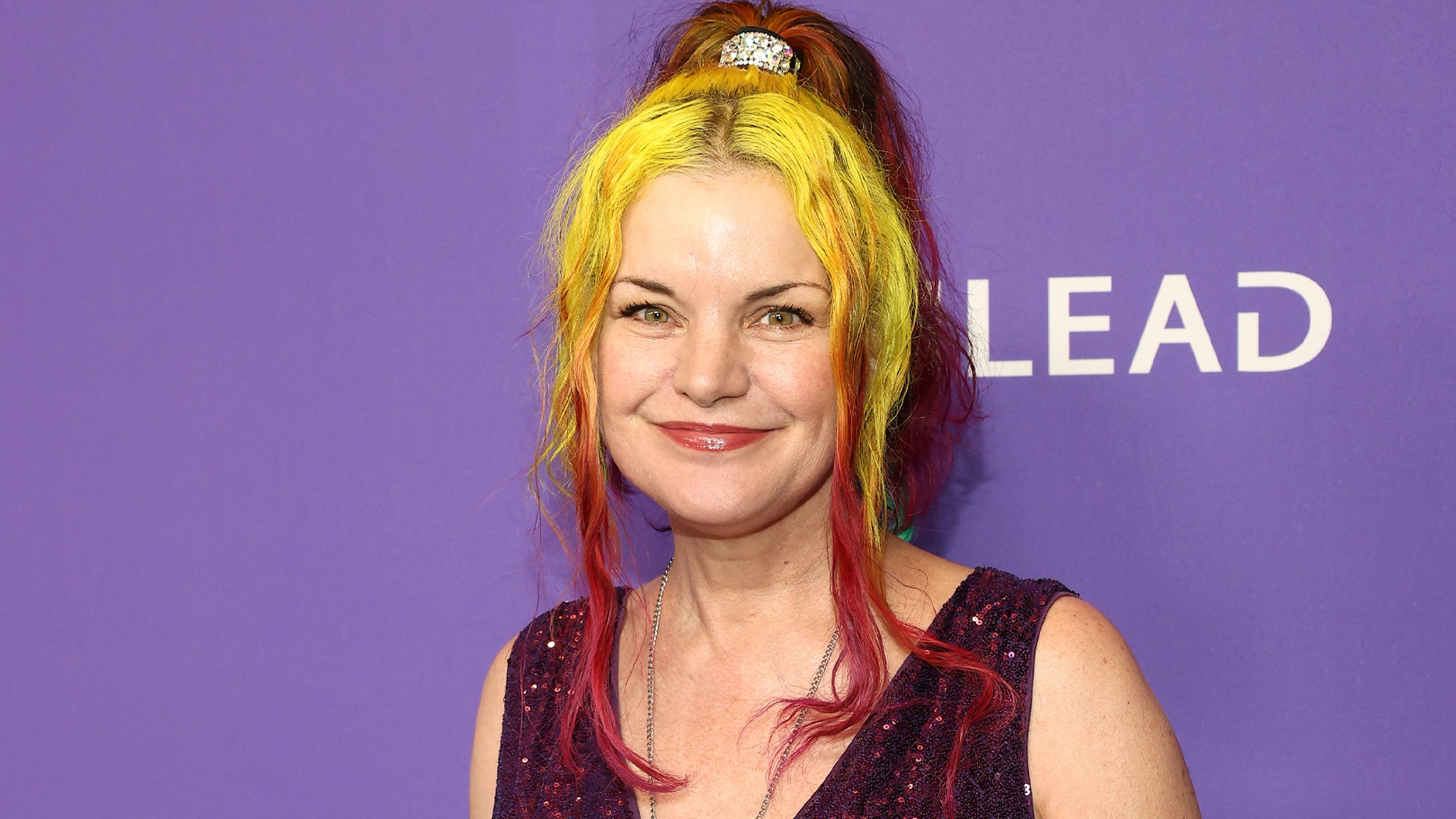[ad_1]
For nine weeks in 1974, off the shore of Martha’s Vineyard, the shooting of “Jaws” was repeatedly delayed by the whims of its temperamental stars. And by “stars,” I mean Bruce.
Bruce was the name given to the three mechanical predators built to simulate the great white shark at the heart of the story. As one after another became bloated with saltwater or entangled in seaweed and failed to operate or flat-out sank — the crew called the movie “Flaws” — there was little the three equally temperamental human stars could do but try (and usually fail) to be patient. Occasionally they wondered if it might not have been better to train an actual great white for the role.
After seeing “The Shark Is Broken,” a play about that disastrous shoot, you may wonder the opposite: whether it might not have been better to cast the movie with mechanical humans. The real ones were nearly as glitchy as Bruce. Aboard the Orca, the lobster boat on which much of “Jaws” was filmed, the actors Robert Shaw, Richard Dreyfuss and Roy Scheider bickered, brawled, vomited, kvetched, drank, backstabbed and, like Bruce, broke down.
All of that is faithfully rendered in “The Shark Is Broken,” which opened on Thursday at the Golden Theater, in a production directed by Guy Masterson. There’s a perfect replica of the Orca bobbing prettily on a C.G.I. sea, and costumes minutely matched to the film. (Duncan Henderson is the designer.) Accents, postures, props and hairstyles are fanatically accurate; there’s even a hat-tip (by Adam Cork) to John Williams’s sawing, rasping theme at the start.
But these details do not on their own create much dramatic interest. Plots consisting of hurry-up-and-wait rarely do. Were it not for its curious meta-story, the play would be little more than a pleasant diversion: 95 minutes of bloodless, toothless, Hollywood-adjacent dramedy.
The meta-story gives it a bit more bite. Robert Shaw, who played the Ahab-like shark hunter Quint in “Jaws,” is played here by Ian Shaw, who is one of his sons. Ian, who could be his father’s twin, is also, with Joseph Nixon, the play’s author. The ancient theme of paterfamilias versus prodigal is obviously engaged, also organizing the arcs of the characters. Like a dorsal fin poking over the waves, their filial conflicts suggest the story’s dark undertow.
Unfortunately, the undertow remains mostly under in Masterson’s leisurely, self-satisfied staging; you could ask for more urgency even in a play about filling time. But this is quite clearly a love letter, if a complicated one, to a parent who achieved greater success in the same field as his son. (A noted stage actor who crossed back and forth to film, Robert won an Oscar for “A Man for All Seasons.”)
So even though we see him drink himself into a stupor, ruthlessly bully Dreyfuss (Alex Brightman) to “improve his performance,” and browbeat Scheider (Colin Donnell) about his sunbathing and spirituality, Ian has him winking with gruff charm to take the edge off the awfulness. He also makes sure to show us, in two set pieces, how fine an actor his father was and thus, in an Oedipal somersault, how fine he is, too.
One of those set pieces — the “U.S.S. Indianapolis” monologue from the movie, in which Quint reveals the origin of his shark hatred — can at least be justified by the story. We watch Robert rehearse it and flub it until, in the play’s last beat, he nails it. But the barely motivated inclusion of Shakespeare’s Sonnet 29 (“When, in disgrace with fortune and men’s eyes”) comes off as overkill, even though gorgeously spoken; it’s as if “The Shark Is Broken” were a brief for Robert’s admission to actors’ heaven, with Gielgud at the gate.
The sonnet’s supposed purpose is to calm Dreyfuss, who is having a panic attack, but Dreyfuss, playing the marine biologist Hooper in the movie, is a full-time panic attack anyway. Brightman’s wicked impersonation, complete with Dreyfusian giggles, shrugs and glasses-pokes, highlights the boundless neurosis of a character who says, “Nothing good ever happened to any Jew on the water.” When he admits he took the role in “Jaws” only because he was sure, at 26, his career was over, it sounds like he means his life was.
That he and Scheider (as the police chief Brody) are given daddy issues helps bind their stories thematically to that of both Shaws. Robert’s father, we learn, was an alcoholic who died by suicide; Ian’s of course was Robert, enough said.
Still, Dreyfuss’s guilt over not becoming a lawyer and Scheider’s mild recollections of his father’s beatings feel underwhelming. In the competition for messed-up-ness, they lose every heat handily to Robert, and recede in his wake — especially Scheider, who has little to do but placate the others. His best scene, which the silky Donnell carries off perfectly, finds him stripping to his Speedo to catch some rays; there are no lines.
That’s telling, because the dialogue overall is labored. Through much of the longish first scene, the authors stuff résumé excerpts and scraps of back story into envelopes of supposedly casual dialogue. (“I shot this thing last year,” Dreyfuss says, “‘The Apprenticeship of Duddy Kravitz.’”) Casting about for laughs, they use whatever chum they can, whether it’s borrowed W.C. Fields or cheesy backfilled irony. “There will never be a more immoral president than Tricky Dicky,” Scheider says of Richard Nixon, welcoming the audience’s look-how-that-turned-out response.
In the end, “The Shark Is Broken” isn’t interested in argument and interpretation any more than “Jaws” was. When Dreyfuss says the movie they’re making is about the subconscious, and Scheider posits that it’s about responsibility, Shaw, as always, wins by proclamation. “It’s about a shark!” he brays.
So is the play, in a way, and that’s why it remains diverting enough for a summer on Broadway. Its sharks are human, though. They’re called sons.
The Shark Is BrokenThrough Nov. 19 at the Golden Theater, Manhattan; thesharkisbroken.com. Running time: 1 hour 35 minutes.
[ad_2]
Source link





















